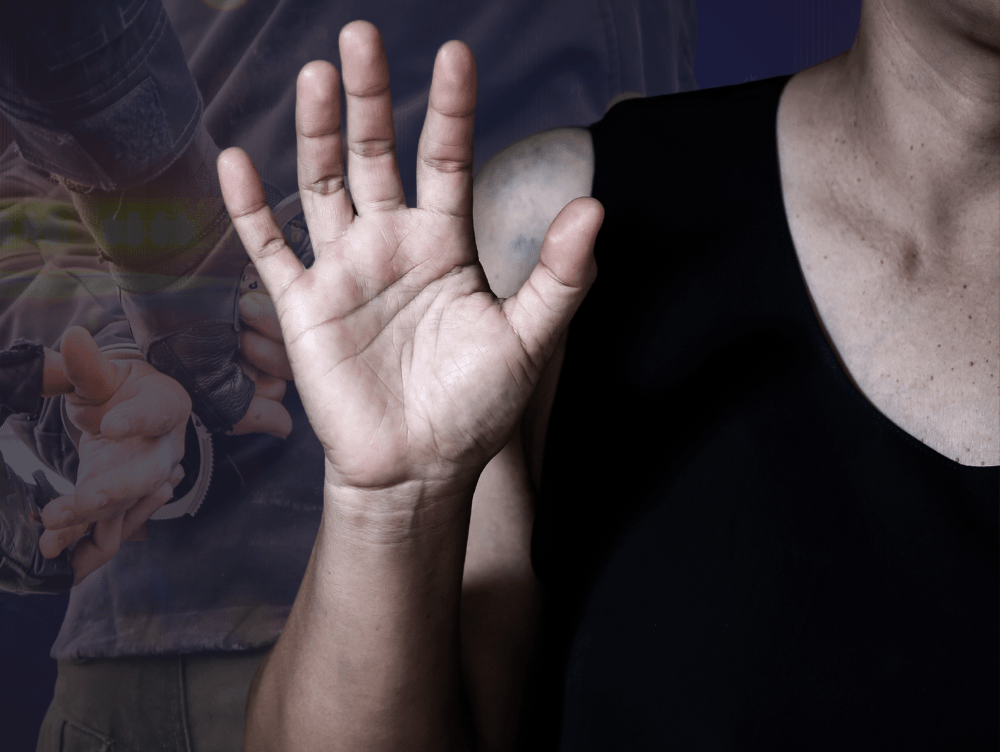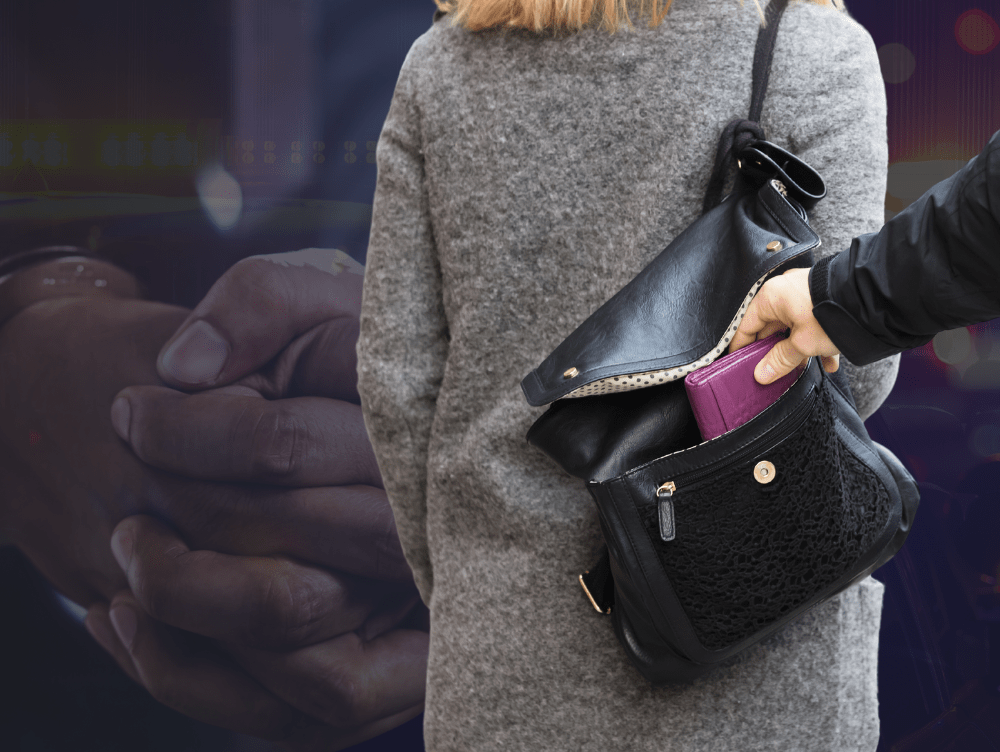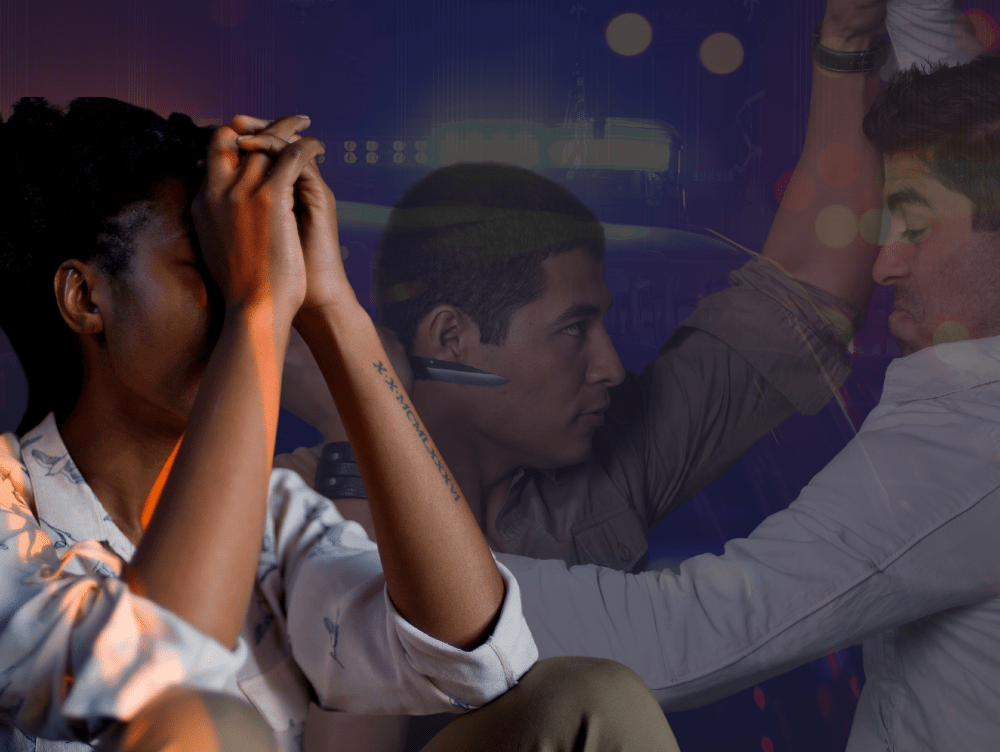Contact Us for a Free Consultation: (203) 889-5585
CRIMINAL DEFENSE
From a DUI or drug crimes to financial and property offenses, violent crimes, and weapons violations— if you have been accused of a crime, contact Paz Law and talk to an experienced criminal defense attorney in Southern Connecticut.
We pride ourselves on being fair, caring, and non-judgmental. We will fight to protect your rights and get the best possible outcome for your case. See some areas of criminal defense we have expertise in below.
For more information about our criminal defense services or to schedule a free consultation, call us at (203) 889-5585 or click the button to visit our contact page.
CRIMINAL DEFENSE ATTORNEY IN CONNECTICUT
SERVING clients in SHELTON, DERBY, BRIDGEPORT, NEW HAVEN, AND Statewide
In this country, you are innocent until proven guilty, not the other way around. Unfortunately, the criminal justice system is not always fair or just. You need an experienced and knowledgeable attorney on your side to level the playing field. We understand that the right mix of compassion and respect for our clients along with aggressive defense strategies and negotiation tactics is crucial to your future– and that's what we aim to deliver.
PROTECT YOUR RIGhts with Paz Law
If you've been charged with a crime, you need an experienced criminal defense attorney on your side. Paz Law
has successfully defended clients facing all types of criminal charges, from minor misdemeanors to serious felonies. We will aggressively defend your rights and work tirelessly to get the best possible outcome in your case. Work with Attorney Brittany Paz and reap the following benefits:
You will have an aggressive and experienced criminal defense attorney on your side.
You will be treated with respect and dignity.
You will be able to sleep at night knowing you have the best defense possible.
You will feel relief when you know your case is in good hands.
contact us today
If you or a loved one has been charged with a crime, don't wait to get help. Contact Paz Law today for a free consultation. Our award-winning attorney, Brittany Paz, has the years of experience you need to review your case and advise you of your best legal options. Don't give up, and don't go it alone– get Paz Law on your side.
Frequently asked questions
Below you can find answers to some of Attorney Paz's most frequently asked questions. For more information on a wide variety of topics, view the videos page or give us a call today.
-
Why is my bond so high?
Bond is a financial condition of release while your case is pending in court. There are also non-financial conditions of release that a court may set, such as abiding by a protective order and attending treatment. The purpose of bond is two-fold: to ensure your presence in court and to protect the victim and/or the community from you if you are dangerous. Important to determining these factors are your ties to the community, prior criminal history, whether you have ever failed to appear previously, and the severity of the charges. I often have clients who call me to say that they have compared their bonds to bonds of other inmates and their charges are far more serious but their bonds are lower. Why? The answer is that the bonds will vary from courthouse to courthouse and Judge to Judge. Some judges are notorious for their high bonds. Some judges severely dislike certain types of cases and so they will put higher bonds on than would another. You may file a Motion for Bond Modification every 45 days that you are incarcerated and unable to post bond while the cases are pending to have a judge re-review your conditions of release.
-
Why do I only have a protective order but not the other person?
There are two types of orders: a protective order and a restraining order. A protective order is an order that is automatically by statute issued by a criminal court judge after a defendant has been arrested on a domestic violence offense and protects the domestic violence complainant. In some cases, there will be a dual-arrest, where both parties are arrested. In that circumstance, both parties would receive dueling protective orders. However, if only one party is arrested and the other is not, only the defendant will have a protective order issued against him or her, protecting the other party. The other party, then, has no prohibition on contacting the defendant. A civil restraining order is an order that any party can apply for in civil court alleging that you have once been in an intimate relationship with the respondent and that party has engaged in threatening, abusive conduct, or physical violence towards you. The civil court would then set it for a hearing, at which point you may present arguments as to why a civil restraining order should be granted. If granted, it has the same effect as a criminal protective order and would prohibit the other party from communicating with you. Unlike a protective order, a civil restraining order has a set expiration time. A protective order will remain in effect until further order of the criminal court.
-
I wasn't read my rights, can I get the case thrown out?
First of all, never speak to the police. I can't reiterate this enough.
Second, failure of police to read you your rights does not automatically result in the case getting thrown out. "Reading you your rights" originates from the 5th Amendment to the Constitution, which states "No person shall... be compelled in any criminal case, to be a witness against himself...." From this amendment, the Supreme Court in Miranda v. Arizona found that statements of a person cannot be used against him unless he is informed of his rights pursuant to the Constitution and then waives them. There are two caveats to this (as there usually are!): the police are required to inform a person of his or her rights only if 1) that person is in custody, AND 2) is under interrogation. Case law since Miranda analyzed at what points people are "in custody" and "under interrogation." A person is obviously "in custody" for Miranda purposes if they are under arrest. However, if a person is not formally under arrest, there is an analysis to undertake as to whether a "reasonable person would have felt they are free to leave." Case law for whether a person is under interrogation includes analyses as to whether police are "asking questions likely to elicit an incriminating response." There are many circumstances where you encounter police in your day-to-day life where you are not in custody and also under interrogation. There are many voluntary encounters with police that would not require Miranda warnings. Under those circumstances, there is no Miranda violation.
Finally, if there is a Miranda violation, what is the remedy? The remedy is NOT automatic dismissal of the case. The remedy is suppression of the statement from being admissible against you at trial. If the State determines, after analyzing its evidence, that it has other evidence to introduce at trial to argue your guilt beyond a reasonable doubt, the prosecution may still proceed.
In the News

Contact Us for a Free Consultation
For more information or to get your free consultation, call us at (203) 889-5585 or complete the form below.
Contact Us
We will get back to you as soon as possible.
Please try again later.
What Happens After I Send My Message?
Our team will review your information.
An attorney will contact you as soon as possible.
We will work with you on your pending case.
Our Contact Information
Business Hours
- Mon - Fri
- -
- Sat - Sun
- Closed
Our Practice Areas
Quick Links
Business Hours
- Monday
- -
- Tuesday
- -
- Wednesday
- -
- Thursday
- -
- Friday
- -
- Saturday
- Closed
- Sunday
- Closed
Accepted Payments
Contact Us
Paz Law, LLC
4 Research Dr, Suite 402, Shelton, CT 06484
383 Orange St, 1st Floor, New Haven, CT 06511
Fax: (203) 889-5911



















